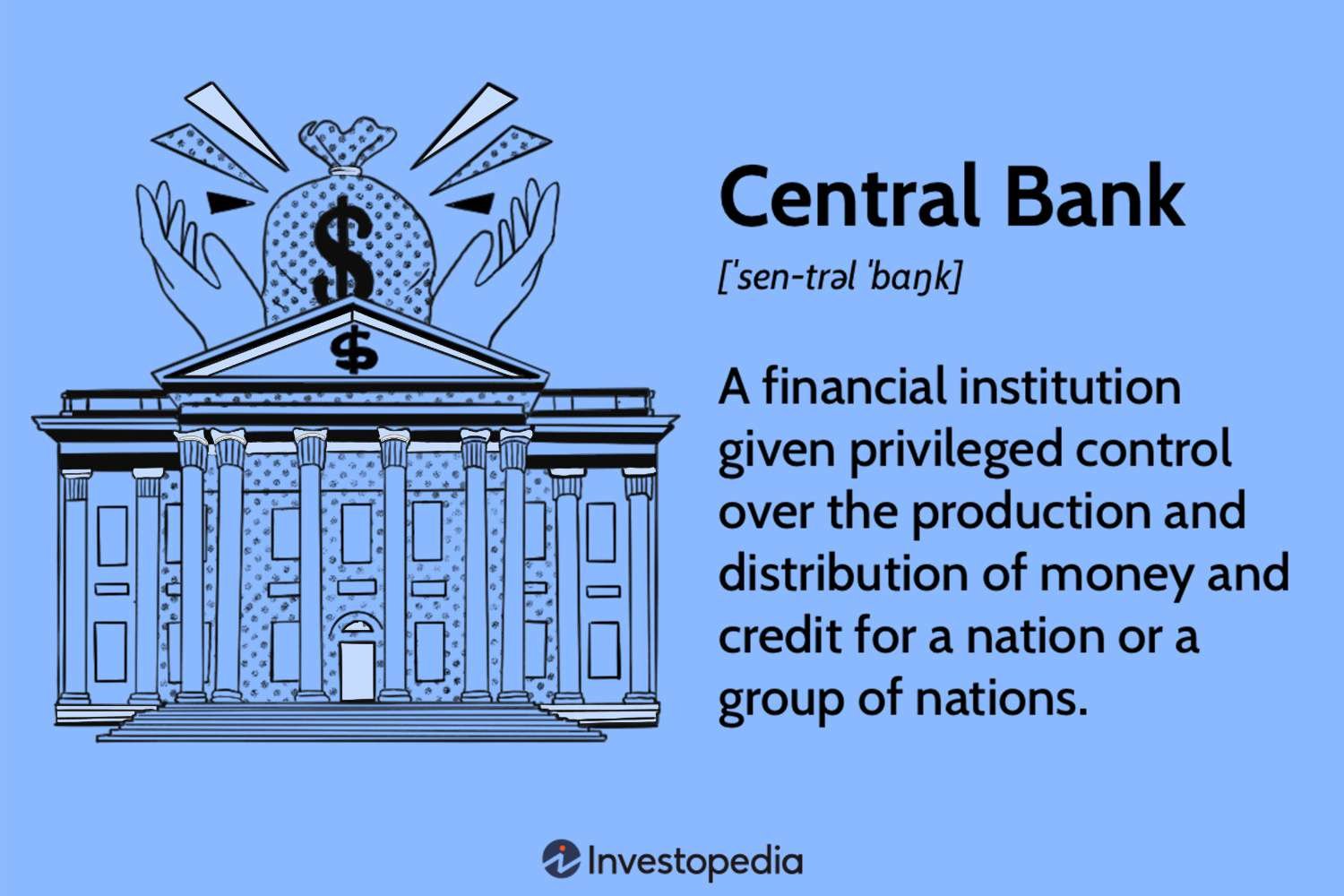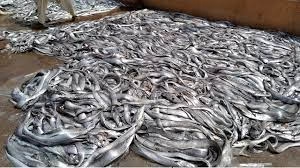In a bid to bolster the tax-to-GDP ratio, Pakistan is contemplating budget proposals aimed at increasing revenue collection from the real estate sector and cracking down on benami properties – undisclosed assets owned by unknown individuals or entities, often used to launder black money.
The proposed measures for the fiscal year 2024-25 coincide with the government’s efforts to address a financial crisis and improve revenue collection, amidst a low tax-to-GDP ratio compared to global standards.
These initiatives also align with Pakistan’s negotiations for another International Monetary Fund (IMF) program, with an IMF team expected to visit Islamabad soon.
The IMF’s insistence on enhancing tax collection has led to proposals targeting sectors such as property, retail, and agriculture, aiming to broaden the tax base. This move seeks to ease the burden on ordinary citizens, who bear the brunt of indirect taxes, while ensuring businesses contribute more to Pakistan’s fiscal needs.
In addition to focusing on the real estate sector, the government plans to take action against retailers who have not registered with the Tajir Dost App, a scheme aimed at bringing them into the tax net.
However, the proposed measures also entail subsidy cuts for power and gas consumers, in line with IMF demands that have been swiftly implemented over the past few years.
Furthermore, there are suggestions to implement decisions made by regulatory authorities like the National Electric Power Regulatory Authority (Nepra) and the Oil and Gas Regulatory Authority (Ogra).
To curb government spending, the government is considering not initiating any new projects under the federal Public Sector Development Programme (PSDP) in the next budget, allocating funds only for ongoing initiatives nearing completion.
Additionally, the privatization of loss-making state-owned enterprises (SOEs) will be expedited, and the performance of all ministries and departments at federal and provincial levels will be audited as part of austerity measures under IMF pressure.



